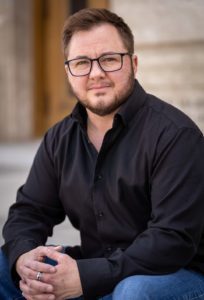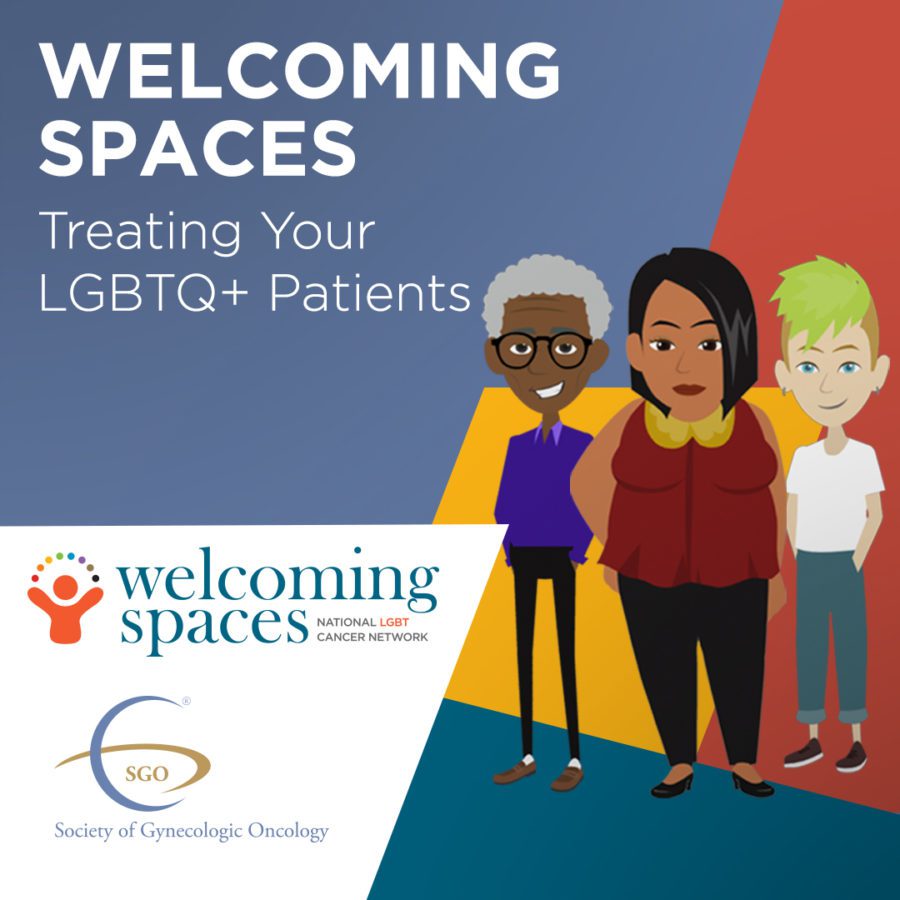I Stand Corrected: Update on “When The Software Says You Don’t Exist: Creating Change as a Trans Man Navigating Ovarian Cancer” | Tristan Bilash, RSW

Tristan Bilash, RSW
As those of us working in healthcare know very well, when someone suggests a change will take place as soon as possible, that could mean weeks, months, or years. It was with that in mind I submitted my previous column for the June 2022 issue of This Is Our Lane.
Needless to say, when I received an email from the local medical lab director confirming my efforts led to all gender restrictions for CA125 tests being lifted provincially (within lab software) I was ecstatic. I was also exhausted, relieved, and shocked. Somehow, this small change with tremendous impact took place just over a month from the day I shared my concern with the patient advocate and managers—lightning speed in healthcare circles! Well, here in Canada anyway.
I am content with the outcome of my CA125 test adventure, however, something I consider even more impactful happened: a group of strangers came together to make this change happen as soon as they absolutely could for this transgender man. I experienced genuine respect and concern from those involved. Future collaborations are in the works to improve the cancer care experience for all transgender and gender diverse people in my province.
I am happy to provide suggestions to help others strive for the above results. However, it’s important to consider the several advantages I had including:
- I am white, educated and employed. I have access to a computer, internet, and phone. I am fluent in the official language here (English).
- I have worked in healthcare / oncology almost 15 years. I understand how things take place behind the scenes (aka I am beyond patient with the system).
- I’ve been a part of the 2SLGBTQ+ community for almost 30 years. I’ve seen 2SLGBTQ+ health advocacy approaches that have both worked well and not well. I prefer approaching challenges with intention to help educate and build meaningful bridges with new allies. Often these allies assist with instigating change within the system at a pace I cannot from the outside.
- I live in a country with legislation that helps protect 2SLGBTQ+ people from discrimination. I had this legislation to back me up if needed regarding my CA125 test concern.
- I am not in pain. I am mindful of the peace and patience that affords me in my interactions with the healthcare system. I have time to wait for things to unfold. Many people do not.
My suggestion is please don’t wait for your patients to approach you in distress. If you work within laboratory information systems, or know someone who does, reach out to confirm whether there are gender restrictions on cancer tests. Use me as an example if you need to provide evidence how one word in a database can prevent patients from timely care. This may not transform the entire system overnight, but it’s ripple effect can improve the care experience of your transgender, non-binary, or gender diverse patients. That’s an excellent place to start.
P.S. Apparently there never were gender restrictions for PSA tests in the local lab software. I guess there was one aspect after all where I did not have an advantage.
Tristan Bilash is a clinical oncology social worker, advanced ovarian cancer survivor, transgender man and inclusive health advocate.
This column is sponsored by an unrestricted grant from GSK. Sponsorship excludes editorial input. Content developed by the SGO Diversity, Inclusion & Health Equity Committee.
